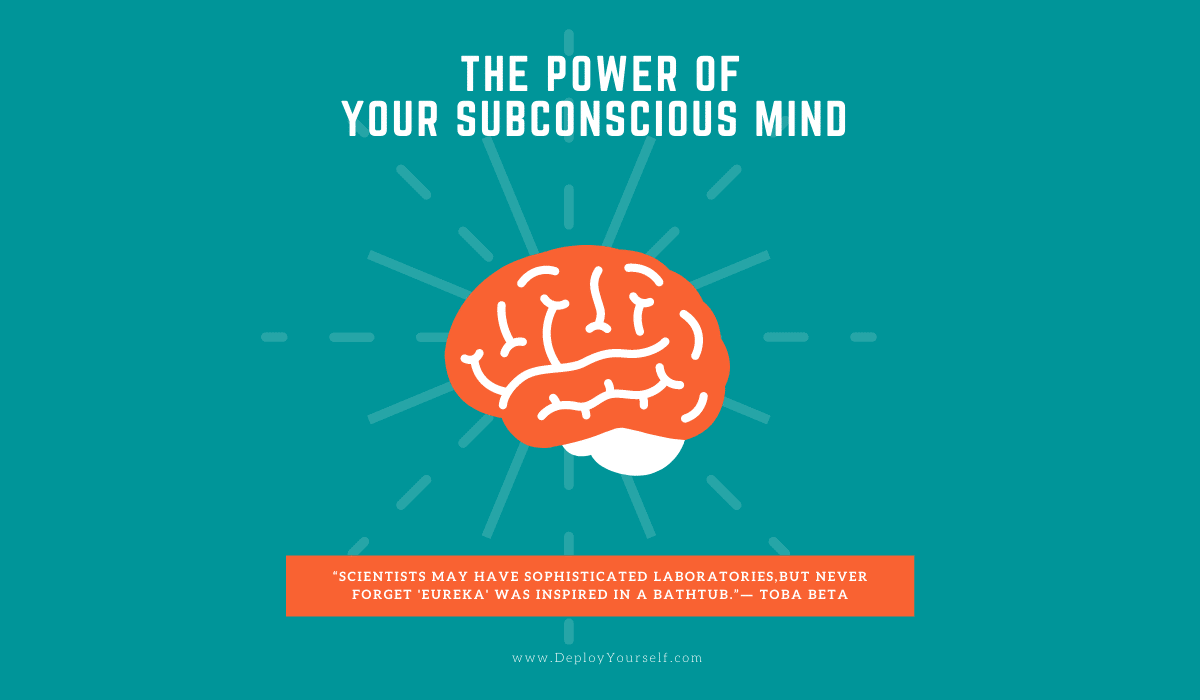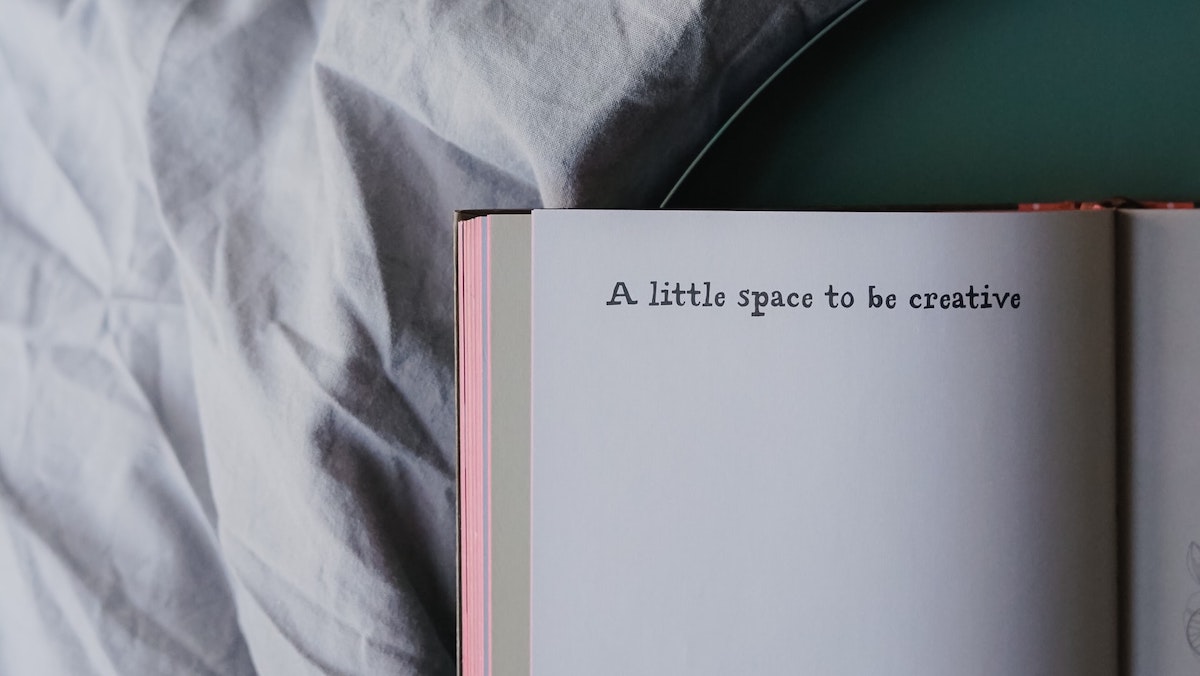We would all agree that our mind is our most important asset. The human brain is often called the most sophisticated machine in the universe. Everything we do is only possible because of our brains. Be it writing a letter, loving our family members, playing a game, preparing a presentation, or planning for the future – none of these tasks are possible without our brains. Yet isn’t it surprising that our brain doesn’t come with an owner’s guide? Also, our education rarely teaches us how to make the best use of our brains.
Scientists have come to know a lot about the human body in the last century, which has improved medical science and human quality of life by leaps and bounds. The kind of life we all live today is better than the lives lived by the kings and presidents a century ago. Isn’t it amazing? Yet, for all the medical discoveries, we still know very little about the human brain. And whatever little we know about our brains, the content has not made it to our textbooks and education.
Either at school or at work, nobody educates us about how our mind works, which is a pity. Even though a lot is unknown about how our mind works, there has been considerable progress in neuroscience in the last two decades. If the average human being knows about what we now know about our brains, I believe we can vastly increase our performance in all aspects of our lives. After all, understanding how our mind works is the first step towards using it in the most effective way.

But never forget ‘eureka’ was inspired in a bathtub.”
― Toba Beta
Conscious and Subconscious Minds
Our mind is often categorized into two categories – the conscious and the subconscious. Everywhere where we use rational thought, we are using our conscious mind. For example – we are using our conscious mind when we apply logic to solve a math problem. Similarly, we use our conscious mind when we use our intellect to plan for the future. It is our conscious mind that leads us to speak, write, move our body, or plan. We use our conscious mind whenever “we” decide to do something.
The subconscious mind, on the other hand, is where our intuition lies. This is the part of the mind where all our memories and past experiences lie. This is the part of the mind which knows how to breathe, how our vital organs function without our making any decisions. It is through our subconscious mind that we form beliefs and intuition about what is happening around us. Our subconscious mind is where our feelings and emotions originate.
We might think that when we develop ideas and solve problems, it is only our conscious mind at work. But our subconscious mind also plays a big role in the background. This is the part of the mind’s functioning which most people are unaware of. At the same time, this is exactly the information which can make us much more productive if we were to know how it works.
“The subconscious mind is ruled by suggestion, it accepts all suggestions – it does not argue with you – it fulfils your wishes.” – Joseph Murphy
Accidental Discoveries
We have used our intellect to achieve great things for humanity in the last 70 years. However, a lot of scientific discoveries and achievements have been accidental, or not what the scientists were working towards. Even in our lives, we can see that trying too hard to solve a problem can lead to frustration sometimes, yet when we step aside and do something else we can suddenly see the solution. This kind of idea generation and making connections between different ideas are a result of our intuitive and subconscious processes. For example –
- Archimedes discovered the principle of buoyancy while bathing at his home.
- The fall of the apple on Newton’s head leading to the discovery of gravitation is probably the most well known eureka moment in history.
- Einstein’s idea of general relativity came to him while working as a clerk in the patent office in Bern
- Niels Bohr said that he developed his atomic theory based on a dream he had.
In science, these accidental discoveries are often called “Eureka” moments, and they look unpredictable on the surface. But if we look deeper, we can see the common threads across many such eureka moments. One such common element is taking a break from whatever problem you have been working on and doing something else for a while. Focussing on something else for a while gives our brains a break which can yield novel insights.
“If you realized how powerful your thoughts are, you would never think a negative thought.” – Anonymous
How to Engage Your Subconscious Mind
Scientists have discovered that taking long walks in nature is one such mind wandering activity that can generate creative insights for problem solvers. There is evidence that spending just a few minutes outside in nature can improve people’s moods and generate positive emotions, which in turn can improve our intuitive idea generation.
Negative emotions like stress and anxiety which are the result of focussing on a problem too hard, can on the other hand stifle creativity. If we want to be more creative, it helps to not take things too seriously from time to time and to loosen up and allow our minds to wander.
The subconscious mind delves on certain ideas and concepts and perceives information in a manner that the established logical thought process cannot. Therefore, insights are most common when a person is taking a break and not using the conscious mind. There are times when the conscious brain hits a mental impasse – a point where they hit a block. At these times, insight – a sudden stroke of genius or a perfect solution – breaks the impasse.

We should all allow ourselves to be surprised by the power of our subconscious mind, and let work flow from the deep confines of our subconscious. When I write articles or poems I often get stuck. What I have noticed in those moments is that no matter how hard I try it is almost impossible to force myself to write. At the same time, if I take a break and do something else for a while, I suddenly feel an urge to write and am then able to complete the article or poem in no time. I have written a few poems which later I had no idea how I wrote it.
In the book “Daily Rituals: How Artists Work”, the author Mason Curry has researched and shown that many creative artists do their best work in short bursts interspersed by breaks which often included long walks in nature. By taking regular replenishing breaks, we can also use our subconscious mind to our advantage. When we do so, we turn off our rational brain and give ourselves the freedom to wander off-topic. This often results in new idea generation and pattern recognition which we would not have done otherwise.

Trackbacks/Pingbacks